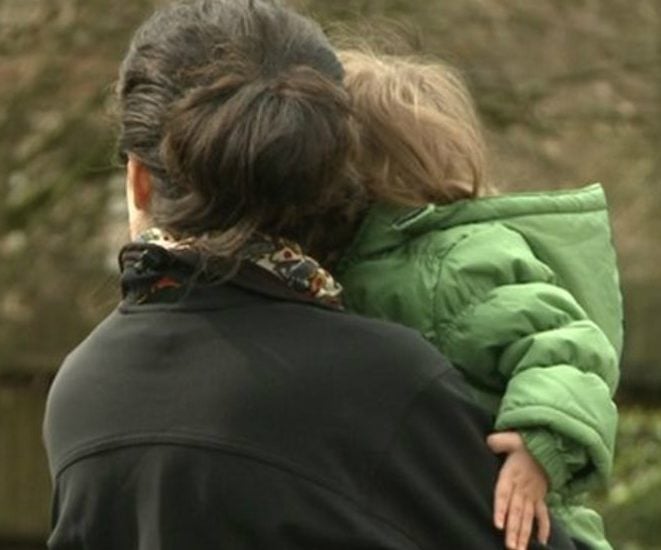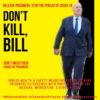
KJIPUKTUK (Halifax) – The coronavirus has pushed many Nova Scotians who rely on income assistance to the brink.
Yet support from Community Services has been limited to empty gestures aimed to make the department look as if it is doing something while costing very little.
“I receive Income Assistance disability support. That means I’m hovering around 35% of the poverty line. I have multiple chronic illnesses that put me in the high risk category from COVID-19. Not just from the illness itself, but also, if I do get sick it will likely worsen, maybe permanently, all the illnesses I’m already struggling with,” one person who lives outside the city told the Nova Scotia Advocate recently.
The coronavirus-related health risks she faces are common among many of the people who rely on social assistance.
Often recipients must go in self-imposed quarantine because their health puts them at risk. Poverty and ill-health go hand in hand, and some 70% of income assistance recipients live with a disability.
See also: How hunger and bad housing make you sick —The social determinants of health, part 4
Going into quarantine is not easy when you’re among the poorest in Nova Scotia. These are some of the challenges you face when you live in rural Nova Scotia.
“Bus service has shut down where I live. Cab service is increasingly risky and inaccessible. On the best of days, if I needed to get to the ER, I would not have had cab money to do this. What do I do now if I get sick? How do I get to health care with no transportation,” this income assistance recipient asks.
“I’m hand washing undergarments in the sink, and have been for years because laundry is a luxury. I limit myself to two loads of sheets, towels, clothes) a month. I’m too scared to use the public laundromat now. What the hell am I going to do when I have no sheets, towels, kitchen linens, clothes left? Public health keeps telling us to clean, clean, clean. How? With what money? With what transportation to buy supplies or access washing machines? With what personal protective gear?”
Not only are there the extra costs resulting from the COVID-19 crisis. Some people lost their job and hence the $300 max they are allowed to keep working part time.
The Department of Community Services hasn’t offered much support.
Earlier there was the announcement that the department would provide a measly one-time $50 to all income assistance recipients in March. A one-time drop in the bucket for people who are poor beyond words.
Then in late March we heard that Community Services would provide 100 phones and calling plans to those income assistance recipients “who have no other means of communication and who may be self-isolated and alone.”
Typically, telephone is paid for only in those cases where the Department of Community Services believes it to be a necessity for medical or personal safety-related reasons. Only one in five people on social assistance had their phone paid for by Community Services, according to a 2017 departmental presentation.
So with some 20,000 people on social assistance, and some 16,000 of them without phone supports, 100 phones is another drop in yet another bucket.
We know of people on income assistance who live off the grid, no power, no phone, certainly no WiFi, because that’s all they can afford. Imagine their situation when they have to self-isolate.
See also: Kendall Worth: How COVID-19 is affecting people on social assistance
Nova Scotia could do so much better.
British Columbia recently announced emergency financial support including an extra $300 per month for people receiving income and disability assistance and some very low income seniors, for three months
Mind you, BC poverty activists point out that this amount still leaves the welfare income for a single person at only half of the poverty line in British Columbia. It’s also far less than the $2,000 in support Ottawa considers necessary to meet the basic needs of Canadians who lost their job.
Still, it’s better than nothing, and if British Columbia considers this a priority, why not Nova Scotia? It would be a start.
See also: Community Services abandons most vulnerable in time of crisis
With a special thanks to our generous donors who make publication of the Nova Scotia Advocate possible.
Subscribe to the Nova Scotia Advocate weekly digest and never miss an article again. It’s free!




If the Canadian government thinks that 2000 is the appropriate number to provide out of work people due to Covid, then is it not basically saying to our society that 2000 a month is what a single person needs to survive? Following that train of thought, does that not ALSO say that our current governing body thinks that current IA rates are NOT enough? Without admitting it in so many words? Would a good lawyer be able to force them through the court to make that rate available to ALL Canadians on IA? Just a thought..
And that, my friend, is the silver lining (for people on income assistance) to this Covid-19 pandemic. The government, in offering $2K/mo to those who lost their jobs due to it, is making a clear statement that they know that $2000/mo is the bare minimum needed to survive. So why then, are people who are unemployable due to disability, and those who just can’t find a job, being forced to slowly starve to death on a third or even a quarter of that? The government has been caught red-handed discriminating against people with disabilities and doling out incredible cruelty to a certain segment of its citizens, and now everybody sees it and everyone is talking about it. Their day of reckoning is at hand!